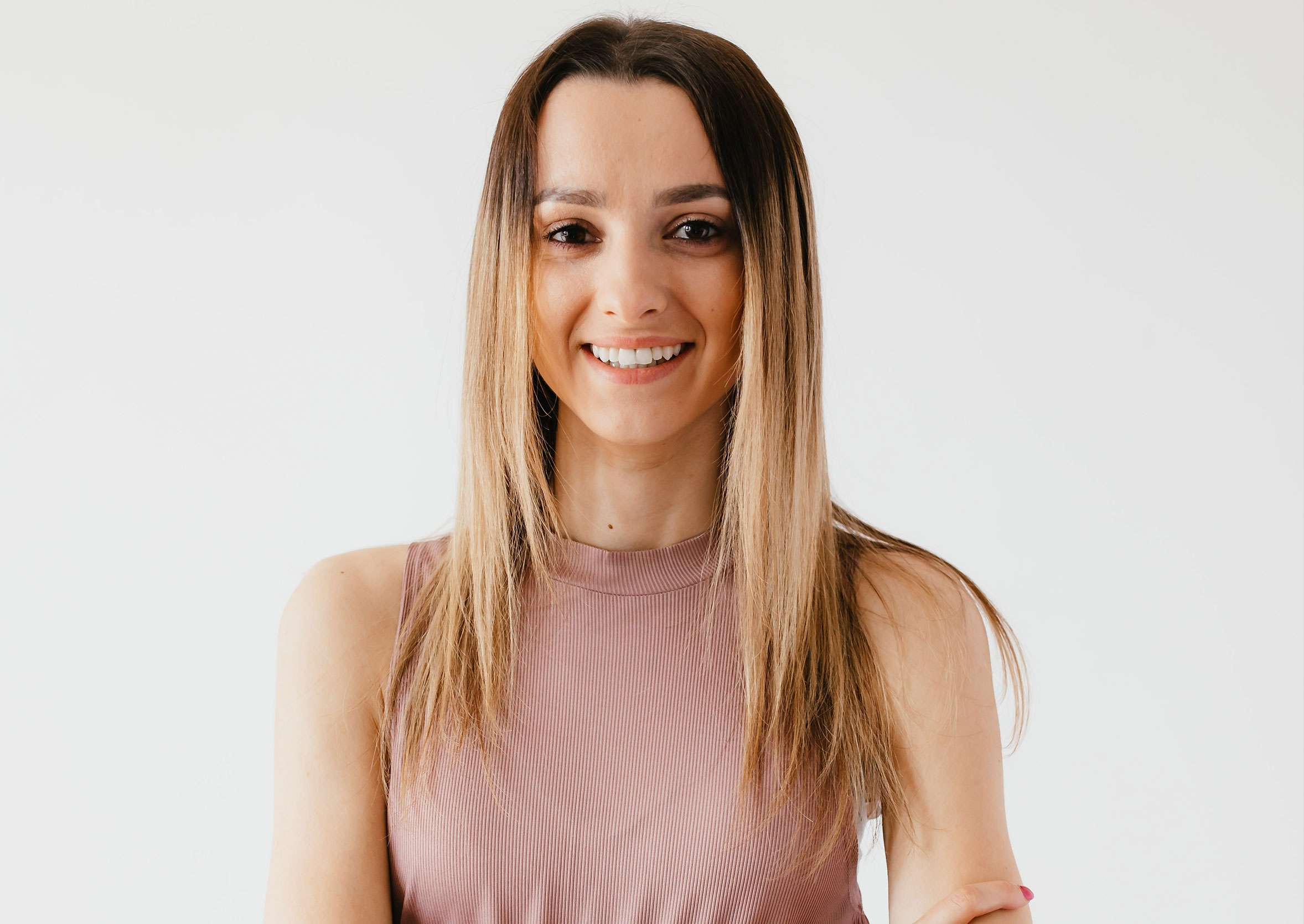Share!
Dr. Damita J. Zweiback is the founder of Coaches Corner and a certified life coach. She is currently on leave from her position with the Michigan Dept. of Health and Human Services. Zweiback is in the United States Navy Reserve and is currently serving on active duty in Washington D.C.
3 Steps to Mindfulness
For most of us, life can get rather hectic with daily errands, work, and chores. Start the day off right with simplicity and mindfulness. Each morning, instead of jumping right out of bed when the alarm sounds, I take a few moments to be grateful. I thank the universe for another day. I pray for family and friends and pray for the coming encounters and decisions of the day. I keep my favorite devotionals by the bedside and reach over to read from one of them. When I look at the pages, my eyes do not adjust right away, and it takes a few seconds to see the words clearly. I love this ritual.
I find that when I allow time for this ritual to happen, before getting out of bed, I gain a positive attitude about the day and feel mentally prepared to face whatever is coming next. This sense of calmness and confidence stays with me throughout the day.
You can take this approach with almost all of life’s situations. You may be struggling with a problem at work, at home, with finances, or wanting to help a friend through a difficult moment. The process of adjusting your “insight” from the cloudiness of opinions, judgments, and surface level perceptions to a clear, focused vision of problem solving, is the same. The essential element is the morning preparation stage. Getting mentally prepared in the morning helps you make decisions that come from a place of inner wisdom and results in outcomes that fit well with your soul. Morning is when your body and mind are at their best because they are rested and alert.
This routine of mindfulness allows me time to get a clear vision of an issue before taking action. For example, I generally do not have all of the information I need when a problem initially develops. If I start trying to solve the problem right away, I will most likely miss the mark. My resolution will be cloudy because I my point of view was out of focus. Therefore, instead of jumping right in with a response, I take time to pray about it. Remarkably, I get a more enlightened perception and a better approach to a resolution from a calmer, more relaxed and practical frame of view.
Embrace Simplicity to Support Mindfulness
Here is a strategy from leading experts to help you start:
Start with treating each day as a simple gift. Sarah Ban Breathnach wrote, “Is there a woman today who does not yearn for a simpler life? But for what do we yearn?” Breathnach appears to be asking us to identify our bare necessities for a calmer approach to life, or for daily happiness. Spending time according to what is important to you is what really matters, she says. Whatever you choose, welcome the activity, embrace it as part of your authentic journey, and be present in it.
What this means is that at any given moment, you are creating your story. In the spirit mindfulness be fully engaged and intentional in your interactions. Athletes know this as being in the flow. A moment when mind, body, action, and time, connect, and all are operating as one coordinated unit. In this moment, you engage, deeply and completely, in the activity at hand. Your energy is charged and moving in one direction, toward an outcome. Ideas and active follow-through are on the same path –simple, effortless, and graceful. You feel free and full of joy and euphoria because there is no stress of uncertainty in the midst of flow. There is only now with full deliberate focus. “True simplicity is able to liberate depressed spirits from the bondage and burden of extravagance and excess,” says Breathnach.
Make Way for Mindfulness By Clearing the Mental Clutter
Too much thinking about your “to-do list” can be overwhelming and exhausting. This type of excessive thinking actually keeps you from taking action. Simple living gives us permission to break the patterns of excess – excessive thinking, excessive material possessions, and excessive chatter. Erin Doland, a writer for Unclutter.com, in a post which highlights research published in the Journal of Neuroscience showing the correlation between excessive thinking, over-analyzing, and too many material things. These two conditions move you away from the calm and intentional flow of engagement to a state of fright or flight. This is not to say you must be engaged in simple tasks to find flow. On the contrary, people who master this approach to mindfulness tend to accomplish more complex, extraordinary, or physical challenges often.
Simplicity is a gift already given by divine order. Your role is to embrace it from a place of calm and stillness. When you practice this mindfulness, you benefit from a deeper wisdom that lies beneath the surface of your outer perceptions. Too many people will make a cursory review of a problem and will come to a conclusion based on a shallow perception. Instead, in this moment, in the silence, use mindfulness to plug-in with your soul and let the connection guide you confidently and courageously, to make wise decisions throughout the day. Then life is simple.
How will you bring simplicity and mindfulness into your complicated life?


